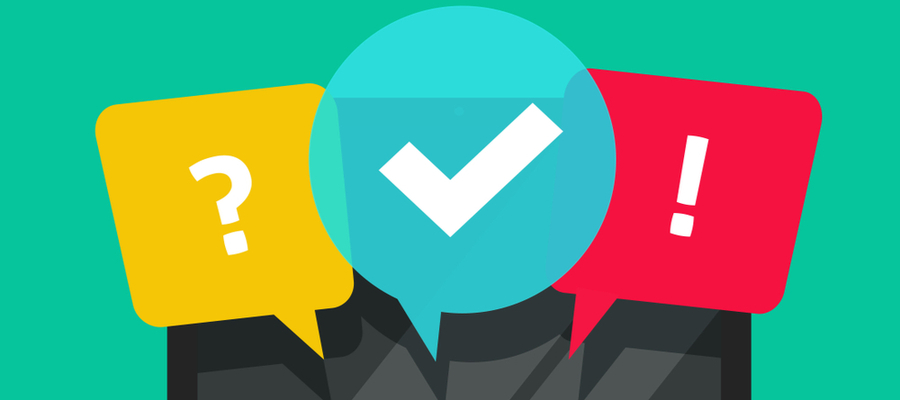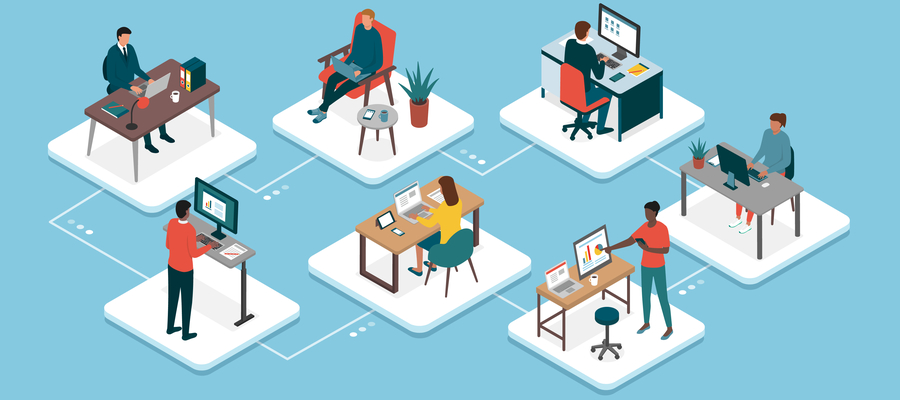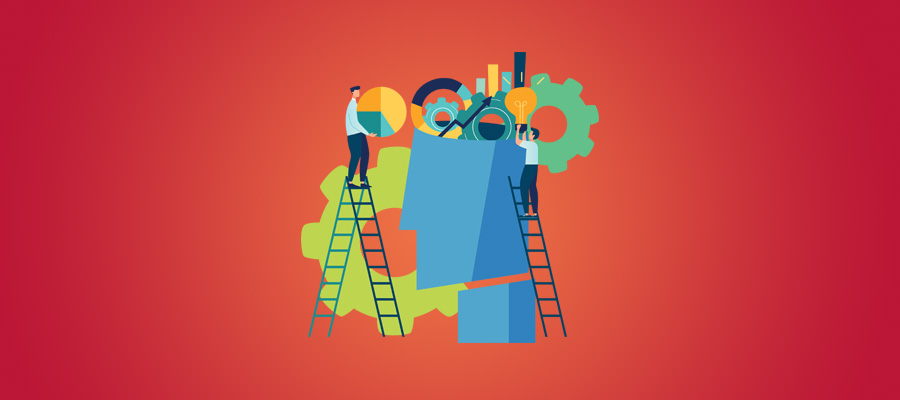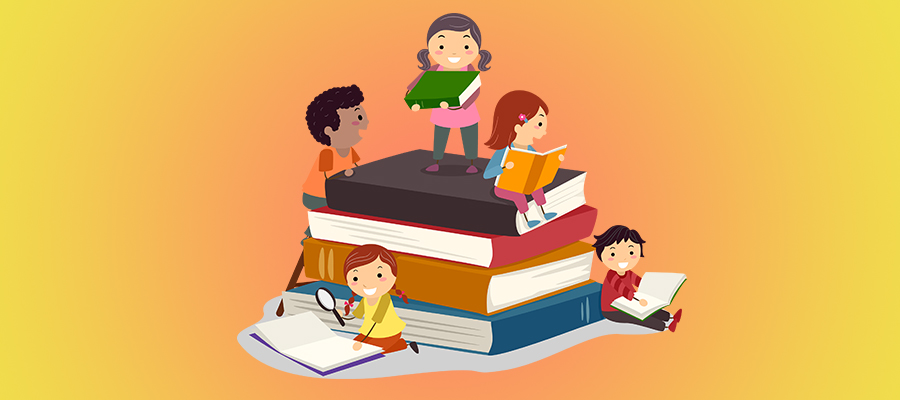In a world where the boundaries of knowledge are constantly expanding, staying ahead of the curve is not just an option, it’s a necessity.
Delve into the fascinating intersection of educational technologies, workplace transformation, upskilling, reskilling, neuroscience, artificial intelligence, virtual reality, and the vast universe of learning.
Collaborative Learning: A Practical Guide
We are social beings and our interactions with our peers often become golden opportunities to learn. It is this aspect of our nature that collaborative learning focuses on, a pedagogical approach that we presented in a previous article.
Learning Mechanisms: Test Your Knowledge!
Are you aware of the latest findings in neuroscience regarding our learning mechanisms? Do you know the benefits of empathy pedagogy? Do you know that teachers need to be particularly wary of certain cognitive biases? Test your knowledge by answering the following five questions.
Collaborative learning in 3 questions
Our interactions with our peers are often prolific opportunities to learn, and this is even more valid when they are done in a collaborative mode. That's why it's a good idea to integrate "collaborative" learning into the range of pedagogical approaches, a model that is particularly suitable for adult learners and that can also be adapted to online training. Let's demystify it in 3 questions.
Mini Glossary of the Flexibility of eLearning
Flexibility is one of the greatest assets of eLearning. It allows the learners to choose the place and, in asynchronous mode, the time that suits them to advance in their learning path. That said, eLearning offers other forms of flexibility that are less known. Here is a mini glossary that might help you understand them better!
Mini Glossary of the Social Dimension of Learning
On any learning path, part of the journey is done alone. However, the presence of others will be an unavoidable factor, whether it is to guide or motivate us. In addition, we are constantly learning informally in our multiple social contacts.
Online training in empathic mode
For most of us, empathy evokes the ability to put ourselves in the other person's shoes, to try to understand what the other is going through. This important component of interpersonal relationships is sometimes confused with sympathy, compassion or altruism, but it can also be related to these concepts.
7 strategies for in-depth learning
We owe the notions of surface and in-depth learning to Ference Marton and Roger Säljö, two Swedish researchers from the field of psychology. They were the first to find that the adoption of in-depth learning strategies was associated with a higher level of student success than so-called "surface" learning. Here are seven strategies that are essential for in-depth learning.
Making Good Use of the Eisenhower Matrix
"What is important is rarely urgent, and what is urgent is rarely important." These are the words of the 34th President of the United States, who is said to have created the famous matrix that bears his name. This time and priority management tool is particularly appreciated for its ease of use and versatility. Like any tool of its kind, it is not perfect, but a few tips can help you get the most out of it!
3 cognitive biases to know in education
In a previous article, we discussed the Pygmalion effect, a cognitive bias that can interfere with the teacher-learner relationship and have significant effects on learning. However, of the 250 or so cognitive biases known to date, it is not the only one that deserves special attention in education. Here are three other formidable ones: the bias blind spot, the halo effect and the curse of knowledge.
Where Does Our Conception of Learning Come From?
The way we perceive the learning process influences the way we approach learning tasks and thus the quality of our learning outcomes. As we saw in a previous article, adults face six different conceptions of the learning process.











